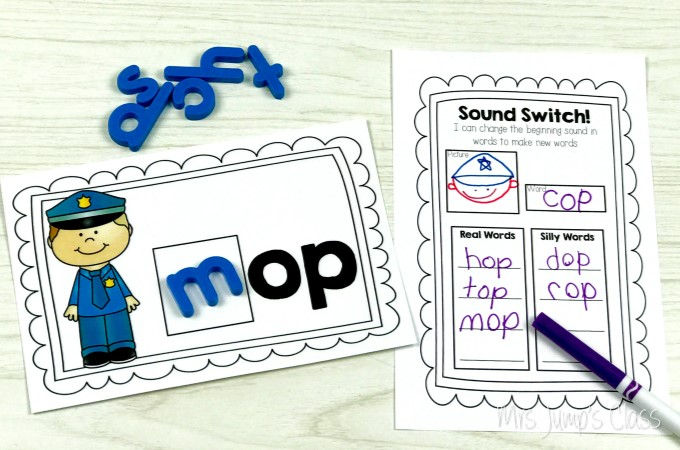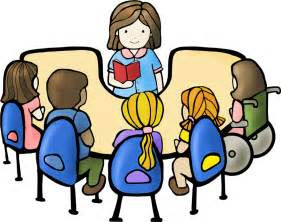All the buzz about early intervention
- TheReadingDuo

- Mar 28, 2018
- 2 min read
Updated: Sep 21, 2018
Early intervention literally means doing things as early as possible to help a child's development. This may look different based on the needs of the child, but research shows that targeted early intervention helps to change a child's developmental outcomes. Early intervention improves and enhances the development in learning, it provides assistant and academic support and lays a foundation to help your child become a successful learner.

Early Intervention
"Early intervention for reading difficulties makes a significant difference in the long-term reading abilities of children. According to the National Institutes of Health (NIH), 95 percent of children who have trouble learning to read can reach grade level if they receive specialized help early on. Kindergarten and first grade are deemed to be the “window of opportunity” to prevent long-term reading problems. Without early intervention, the “reading gap” between struggling readers and their peers continues to widen over time."(Linda Balsiger, M.S., CCC-SLP)
"Research has found that children who are reading below grade level in third grade rarely “catch-up” in later grades. In fact, first grade reading skills have been shown to be a strong predictor of 11th grade reading levels. While children who are behind in third grade can catch up with enough intensive intervention, it takes significantly longer if remediation begins after second grade. Academic work also becomes difficult and time-consuming when reading skills are below grade level, because third grade marks the transition from “learning to read” to “reading to learn”. In addition, many children suffer reduced self-esteem when they struggle with reading and see their peers acquiring the same skills with ease. A significant number of children with learning disabilities become discouraged learners and later drop out of school. Many of these children suffer from dyslexia, a language-based learning disability. Children at risk for significant reading problems can be identified as early as kindergarten. The National Institute of Child Health and Human Development (NICHD) has found that core deficits in phonological and phonemic awareness are the underlying cause of significant early reading problems. The International Dyslexia Association has also identified these core deficits as hallmarks of dyslexia. Phonological and phonemic awareness are language-based skills that involve the ability to distinguish, remember, manipulate, articulate, and process the speech sounds in words. These skills are critical for long-term success in reading and reading fluency. Kindergarten teachers are often the first to raise “red flags” about a child’s reading readiness.Any such concerns should be taken seriously and investigated sooner rather than later." (Linda Balsiger, M.S., CCC-SLP)
The intensity and frequency of early intervention can play such a vital role in helping to change a child's trajectory in reading development. While missing class time can seem like a disadvantage, the time used for explicit high quality instruction in an intervention at this age level is irreplaceable.









Comments